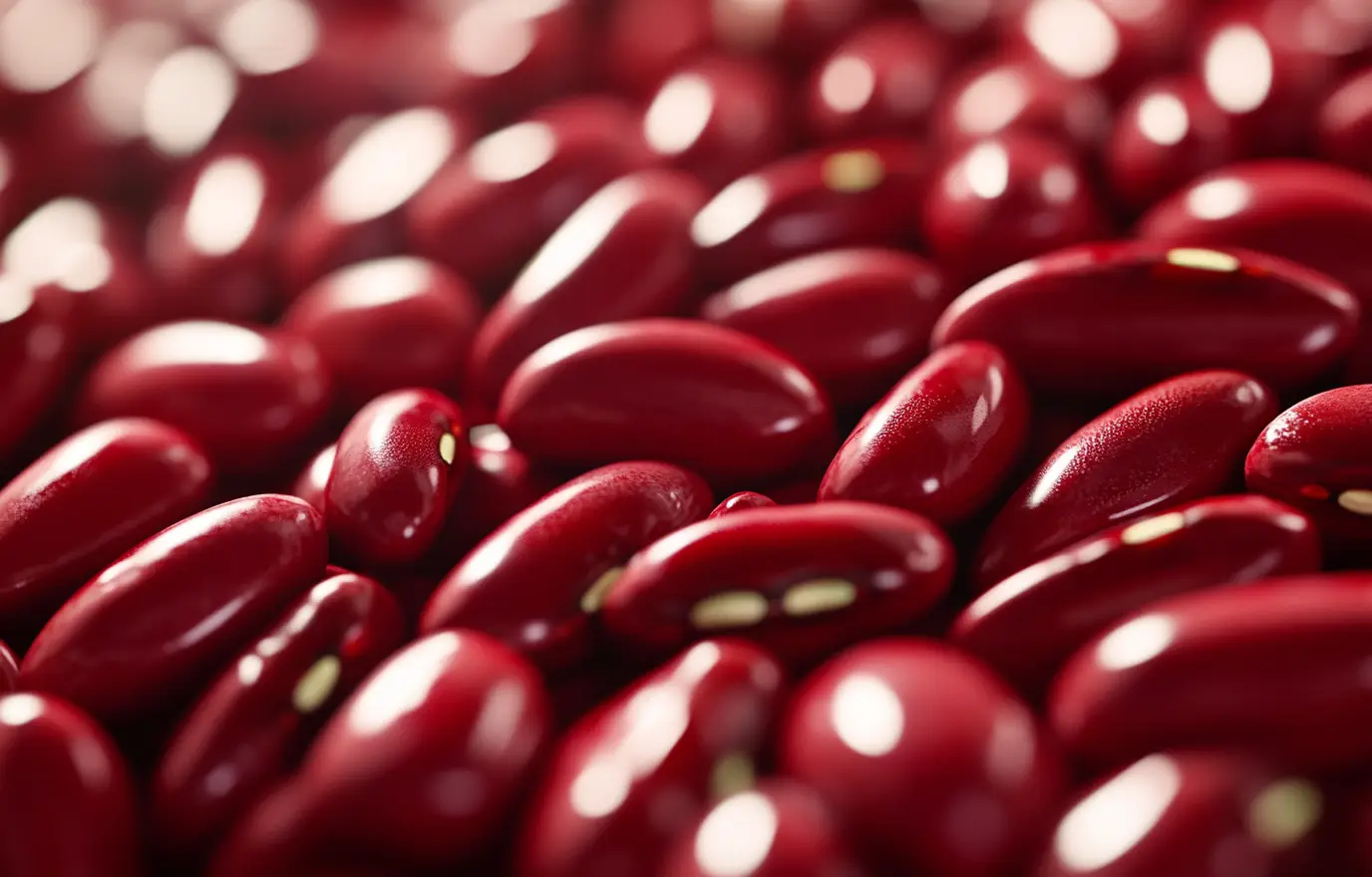Top Health Benefits of Beans and How to Include Them in Your Diet

Beans pack a punch when it comes to health benefits, making them a great addition to your diet, especially if you're exploring a plant-based lifestyle. We spoke with a nutritionist to uncover why beans are so nutritious and how to easily incorporate them into your daily meals.
Why Beans Are Great for Your Health
You might already know that beans are packed with protein, but did you know they offer a ton of other health benefits too? Here's why beans deserve a spot in your diet:
High in Fiber
Beans are a fiber powerhouse, with some varieties like adzuki beans offering up to 17 grams of fiber per cup. "Fiber helps keep you fuller for longer, which makes beans a great option if you're trying to avoid mid-day snack cravings," says nutritionist Jennifer Hanway. Adding beans to your meals can help you feel satisfied throughout the day.
Vegan Protein Source
Each cup of beans provides about 15 grams of protein, which is essential for building and maintaining healthy muscles, tissues, and organs. Popular high-protein beans include lima beans, kidney beans, soybeans, and black beans. For those on plant-based diets, beans are a great way to meet your protein needs without animal products.
Rich in Antioxidants and Micronutrients
Beans are not just protein-packed—they're also full of antioxidants, especially red kidney beans and pinto beans, which have even more antioxidants than berries and peppers! Beans also provide essential minerals like magnesium, iron, zinc, and potassium, all of which are key to maintaining overall health.
Supports Heart Health
Thanks to their fiber and mineral content, beans are excellent for heart health. They help reduce high blood pressure and cholesterol levels, which can lower the risk of heart disease. Unlike many animal-based proteins, beans are low in saturated fat and free from cholesterol, making them a heart-friendly choice.
Gut Health Benefits
Beans are also great for your digestive system. Packed with fiber and amino acids, they promote the growth of healthy gut bacteria, which is crucial for good digestion and waste elimination. Beans can even help reduce inflammation and support colon health.
Whether you're looking to add more protein, boost your heart health, or improve your gut health, beans are a versatile and nutritious option that can enhance any diet.
How to Add More Beans to Your Diet
Adding beans to your meals is an easy and delicious way to boost your nutrient intake. Here’s how to get started and make the most of beans in your diet:
Step 1: Introduce Beans Slowly
If beans aren’t part of your regular diet, start by adding them to one meal at a time. Jumping in too quickly can overwhelm your digestive system. "Try replacing rice, potatoes, or pasta with beans, or add them to a summer salad," suggests nutritionist Jennifer Hanway. You can also swap half of the ground meat in your chili for beans for a tasty twist.
Step 2: Pair Beans with Easy-to-Digest Ingredients
To avoid gas and bloating, don’t pair beans with other foods that might cause digestive issues, like broccoli or Brussels sprouts. Instead, cook beans with digestive-friendly spices such as ginger, turmeric, cumin, fennel, and coriander to maximize their health benefits.
Step 3: Get Creative with Beans in Your Meals
While chili and stew are classic bean dishes, beans can be incorporated into so much more. For example, use black beans to make rich and fudgy brownies, or try mung bean protein powder as a substitute for whey protein. Bean sprouts are another great option—they don’t require cooking and can be added directly to salads, wraps, or sandwiches for a crunchy texture.
Step 4: Enjoy a Variety of Beans
Each type of bean has a unique nutritional profile, so eating a variety is key to getting the most health benefits. Include different beans in your meals, such as red beans one day and green beans the next.
Dried beans generally have less salt than canned varieties. If using canned beans, choose low-sodium or no-salt-added options, and always rinse them thoroughly to reduce any extra sodium.

